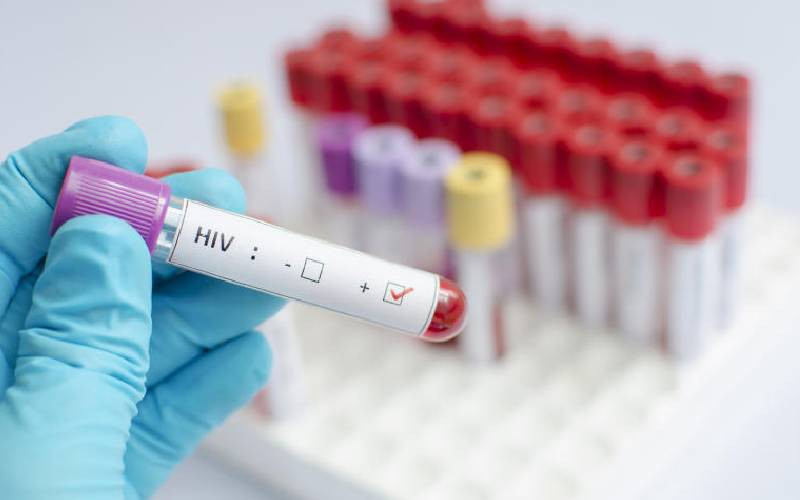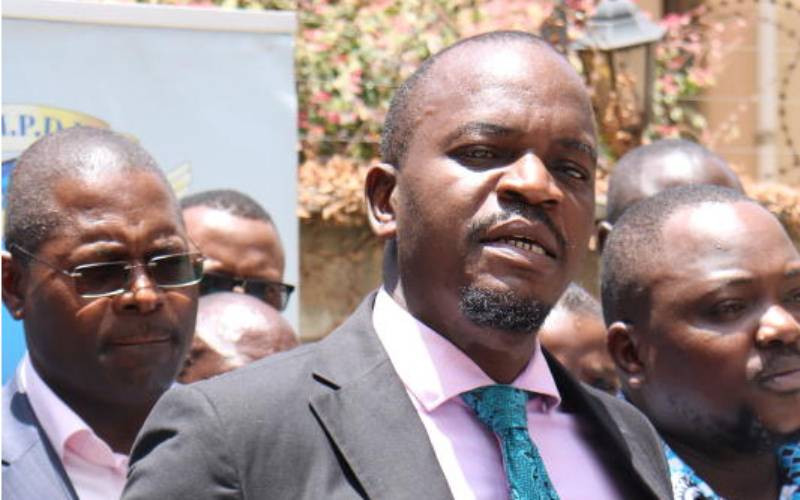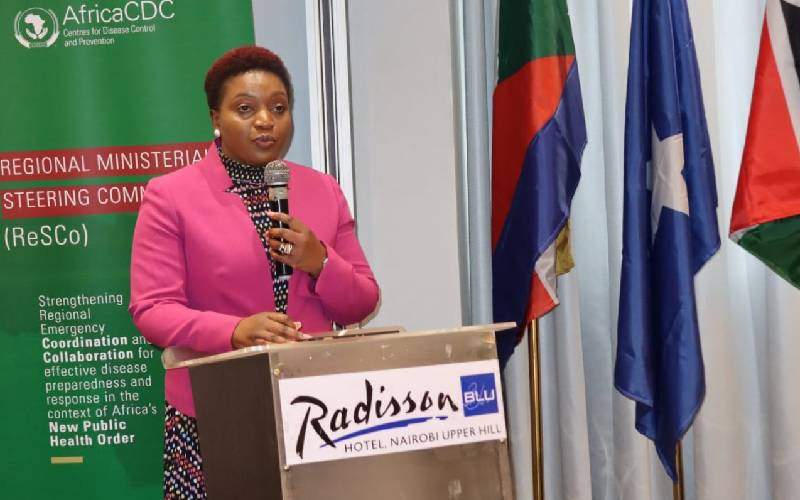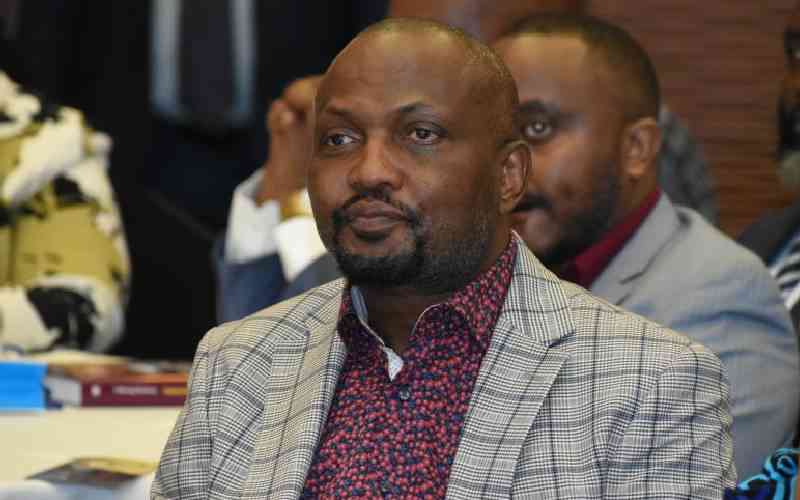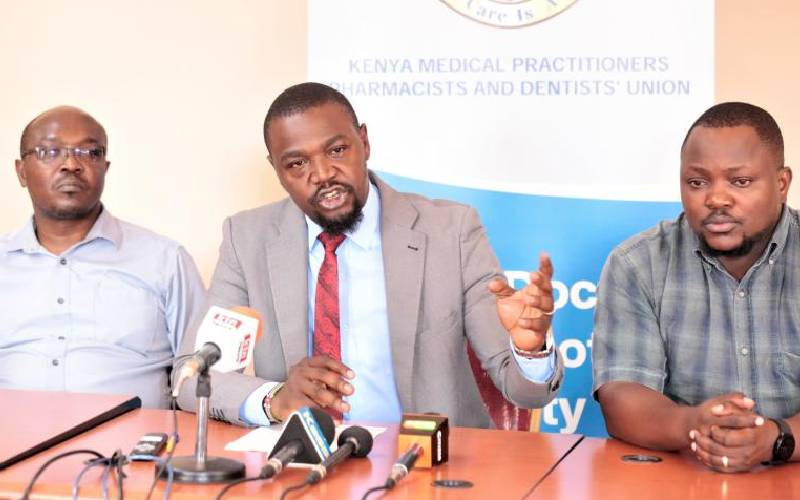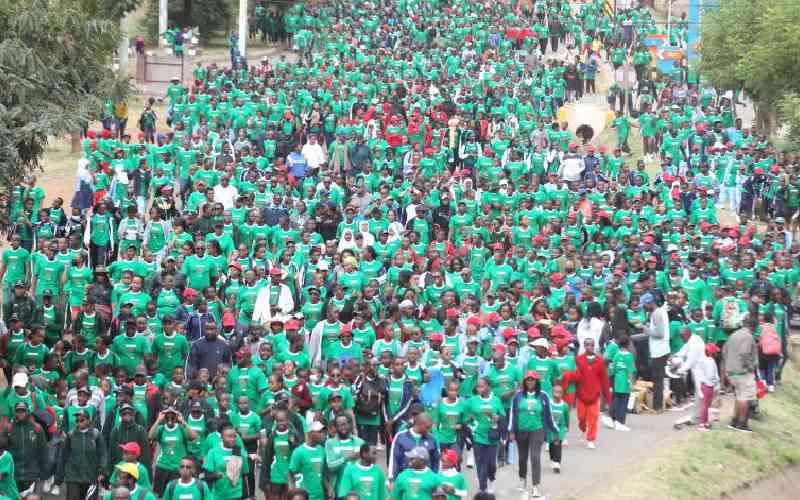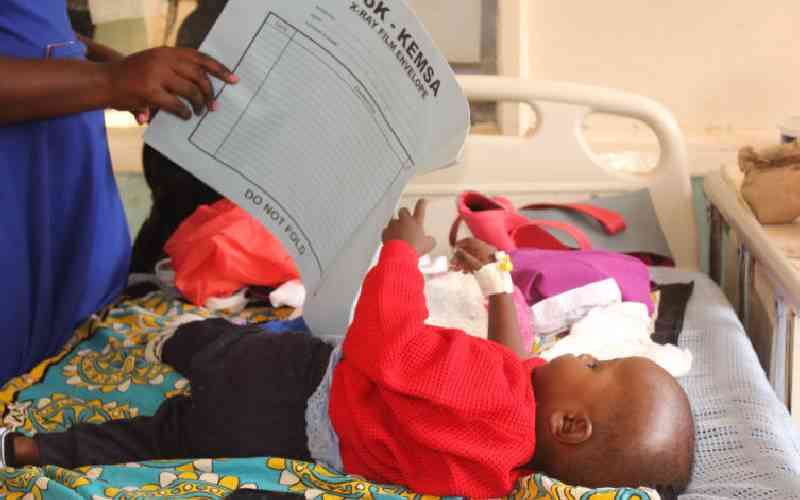
There is a ray of hope in the fight against malaria in Kenya and globally following the endorsement of a new vaccine by the World Health Organisation (WHO).
The vaccine was recommended for preventing malaria in children, according to two expert groups; the WHO Strategic Advisory Group of Experts on Immunization (Sage) and the Malaria Policy Advisory Group (MPGA).
WHO Director Tedros Ghebreyesus endorsed the use of R21/Matrix-M during the biannual meeting last week.
“As a malaria researcher, I used to dream of the day we would have a safe and effective vaccine against malaria. Now we have two,” said Dr Tedros.
The vaccine becomes the second for malaria recommended by the WHO, following the 2021 endorsement of RTS,S/AS01.
“The joint Sage-MPAG recommendation to WHO of the R21/Matrix-M vaccine represents another major step towards our goal of creating a malaria-free life for every child,” said David Marlow, CEO, Gavi, the Vaccine Alliance.
“This vaccine, along with the existing RTS,S/AS01 vaccine, will be an effective complement to existing malaria interventions. Once it receives WHO pre-qualification, it will play a key role in meeting the high demand we are seeing in endemic countries.”
- Kenya, Ghana among 12 African countries to receive first-ever malaria vaccine
- Kenya set to receive malaria vaccine as disease is ranked highest killer
- Cerebral malaria: When untreated malaria sends patients into coma
- Amid climate change, mosquitoes migrate; will malaria follow?
Keep Reading
The Alliance noted that the vaccine can help reshape the fight against malaria.
The WHO boss said the demand for the RTS,S exceeded supply, adding that the second vaccine "is a vital additional tool to protect more children faster, and to bring us closer to our vision of a malaria-free future.”
Dr Matshidiso Moeti, WHO Regional Director for Africa, emphasised the importance of this recommendation for the continent, saying: “This second vaccine holds real potential to close the huge demand-and-supply gap
"Delivered to scale and rolled out widely, the two vaccines can help bolster malaria prevention and control efforts and save hundreds of thousands of young lives in Africa from this deadly disease.”
The vaccine comes at a time data by WHO reveals that the mosquito-borne disease kills about half a million children in Africa each year.
Globally, malaria killed 619,000 people in 2021, with at least 96 per cent of the cases having been in Africa.
In Kenya, malaria is ranked the highest killer disease, according to data by the Kenya Demographic Health Survey, 2022.
Malaria kills about 10,700 people in Kenya annually, primarily children under five years, with at least 3.5 new clinical cases.
Currently, the Ministry of Health is vaccinating children below two with RST,S/S01 in malaria burden counties.
The announcement by WHO emphasised the key role these two vaccines and other interventions will play as the malaria community aims to advance its goals over the next decade.
Gavi partners are already in conversation with countries about the potential rollout of a second vaccine as soon as next year.
Both vaccines are shown to be safe and effective in children and, when implemented broadly, expected to have high public health impact.
The WHO recommendation was informed by evidence from an ongoing R21 vaccine clinical trial and other studies, which showed that it has high efficacy when given just before the high transmission season more so in areas with highly seasonal malaria transmission.
During the trial, the R21/Matrix-M reduced symptomatic cases of malaria by 75 per cent during the 12 months following a three-dose series.
A fourth dose given a year later maintained efficacy, according to WHO.
The vaccine is reported to have good efficacy when given in an age-based schedule.
Additionally, the jab is reported to be cost-effective at prices of US$2 to US$4 (about Sh296 to Sh592) per dose.
But WHO noted that there is no evidence to show which of either of the R21 and RTS,S vaccines performs better than the other.
Even with the approval, WHO noted that the next steps for R21/Matrix-M include completing the ongoing pre-qualification, which would enable international procurement of the vaccine for broader rollout.
At least 28 countries in Africa plan to introduce a WHO-recommended malaria vaccine as part of their national immunisation programmes.
“Gavi, the Vaccine Alliance, has approved providing technical and financial support to roll out malaria vaccines to 18 countries. The RTS,S vaccine will be rolled out in some African countries in early 2024, and the R21 malaria vaccine is expected to become available to countries mid-2024,” added WHO.
 The Standard Group Plc is a multi-media organization with investments in media platforms spanning newspaper print
operations, television, radio broadcasting, digital and online services. The Standard Group is recognized as a
leading multi-media house in Kenya with a key influence in matters of national and international interest.
The Standard Group Plc is a multi-media organization with investments in media platforms spanning newspaper print
operations, television, radio broadcasting, digital and online services. The Standard Group is recognized as a
leading multi-media house in Kenya with a key influence in matters of national and international interest.


